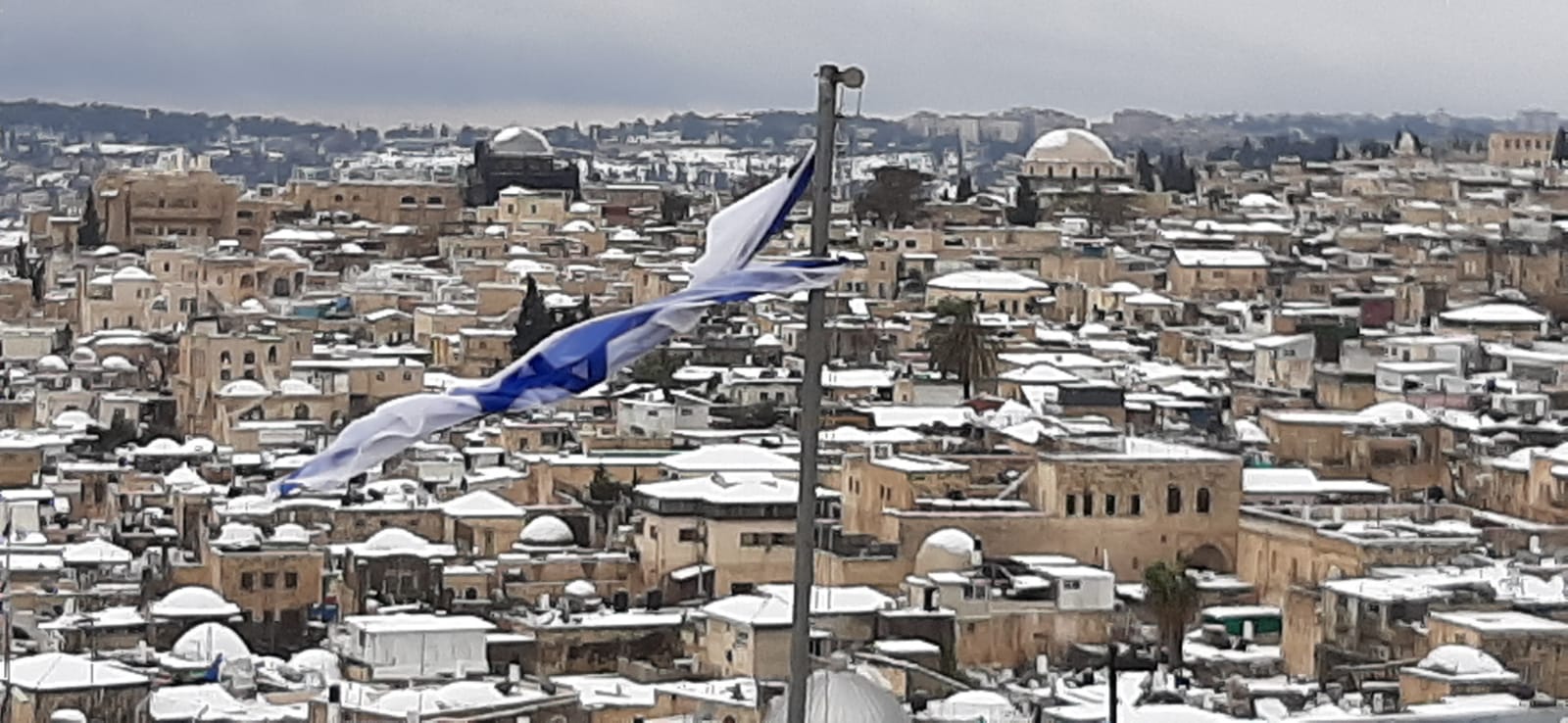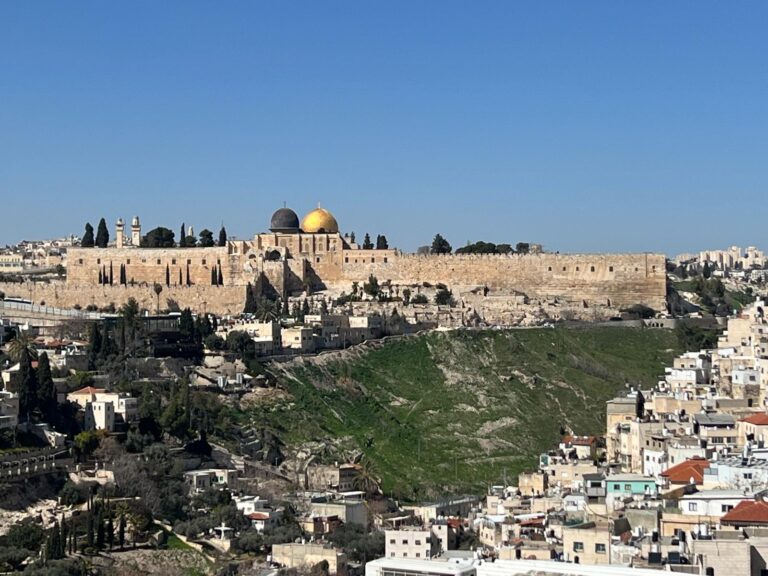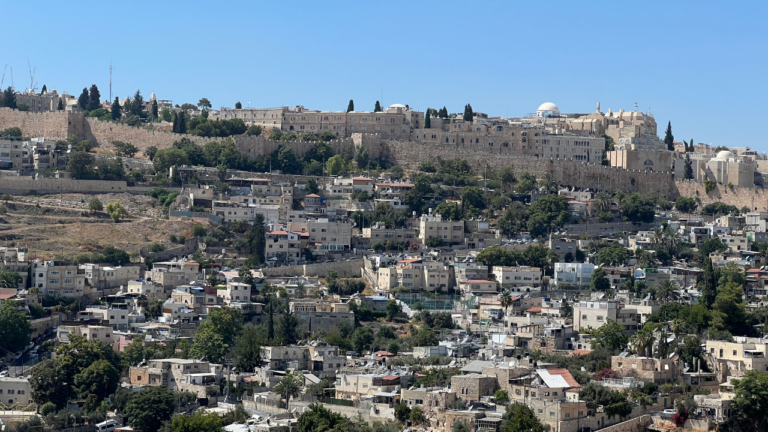The Secrets of Jerusalem
Our parsha opens with God telling Moshe to teach the Jewish people the laws of the parsha. Interestingly, instead of directly commanding Moshe to teach or say over the Torah, God uses a different formulation: “These are the rules that you shall set before them.” What is the meaning of “setting” the laws of the Torah before the Jewish people?
Rashi explains that this is formulation points to the obligation of Moshe to make the Torah accessible to all of the people:
The Holy One, blessed is He, said to Moses: Do not think of saying, “I will teach them the chapter or the law [both terms seemingly refer to the Oral Torah] two or three times until they know it well, as it was taught, but I will not trouble myself to enable them to understand the reasons for the matter and its explanation.” Therefore, it is said: “you shall set before them,” like a table, set [with food] and prepared to eat from, [placed] before someone.
The goal is to have the Torah accessible to everyone.
However, the Mechilta of Rebbi Shimon seems to have an opposite read of the verse. Instead of accessibility, it speaks of the esoteric nature of certain parts of the Torah:
“That you set before them” Just as this treasure is not revealed to all people, so, too, I do not give you permission to [teach it] except before proper people.
This seems to be a warming to not reveal the “treasure” of the Torah to everyone. Only proper people can have access to this part of the Torah.
What are we to make of this ban against the average person studying certain parts of the Torah? Many kabbalists and Chassidic thinkers are of the opinion that this is a temporary ban. In an ideal reality all Jews will have access to every aspect of the Torah. Due to the sensitive nature of the “treasure” of Torah and our contemporary fallen state the average person cannot currently access this. However, we pine for the day when all of Torah will be a “set table” before us.
Perhaps this idea is hinted to in the following story that appears in the continuation of the Midrash.
There is a story that Rebbi Yochanan ben Zakkai who was riding on a donkey on his way out of Yerushalayim and Rebbi Elazar ben Arach was walking after him. [R. Elazar] said to R. Yochanan]: “teach me a chapter about God’s chariot.” R. Yochanan responded: “Did I not teach you that one cannot teach about God’s chariot except if the student is wise and understands on his own!”
The setting for the story – on the way out of Yerushalayim – might be significant. The unfortunate ban against learning part of the Torah occurs on the way out of Yerushalayim. It is when we are far from the presence of God in our holy city that we cannot properly understand the deeper messages of the Torah. By contrast, when we return to Yerushalayim we will be able to “see” God and He will not have to hide this part of Torah from us: “for eye to eye they will see when God returns to Zion.”



